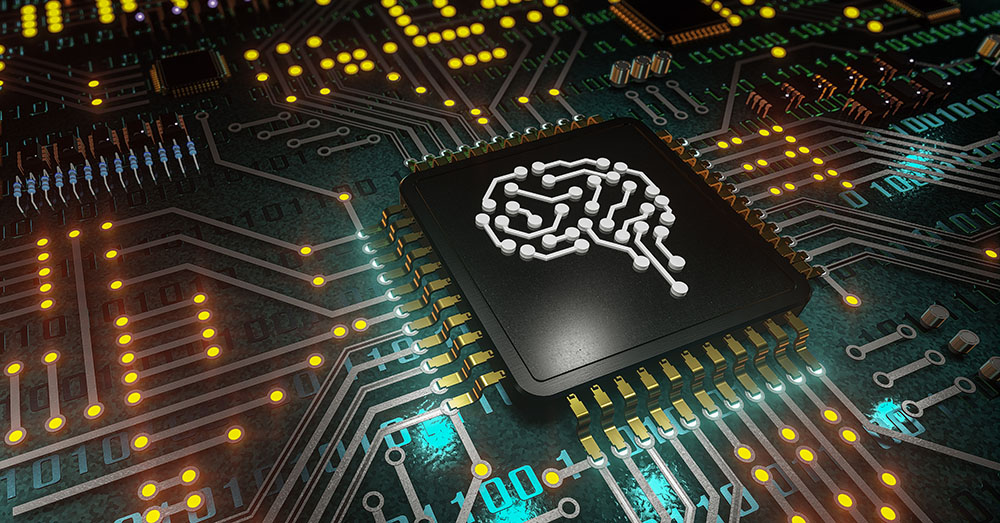An AI accelerator is a form of a specialized hardware accelerator. This is used to boost machine learning and artificial intelligence tools. These include applications like machine vision and artificial neural networks. AI accelerators are designed to change the modern world. They do this by keeping it in line with the latest technology and boosting speed and innovation. Moreover, AI accelerators are changing chip performances. They’re boosting the development of faster and cheaper chips. This enhances performance and cuts deployment costs.
Currently, there are two kinds of AI accelerator spaces:
- The Data Centre
- The Edge
These accelerators have seeped into many aspects of the modern world. But here are the main areas where they play an important role:
5G (Access Edge)
Mobile cellular networks are shifting from 4G to 5G. And this transition is gaining speed with time. Although it will still a few more years for mobile networks to completely adapt to 5G, the process is already taking place. But this change isn’t as easy. It demands major infrastructure upgrades. Because of these upgrades, the virtualization of Radio Access Network (RAN) architecture has increased. This is where AI accelerators come in. Centralized RAN processing units make use of AI accelerators and virtualization methods. This helps to bandwidth and decrease latency at the edge of 5G. Thus, AI accelerators are very important for improving the edge for 5G networks.
Artificial Intelligence (AI) Solutions
AI accelerators are working wonders in the business industry. This is why they’re quickly gaining popularity – just like Cox bundle deals. Businesses are advancing AI accelerators for various AI workloads. And they’re optimizing this with minimum investing. These accelerators are a great asset to the business community. They boost heterogeneous computing spaces. Also, they are compatible with several algorithms, making them a top choice for organizations. AI training is generally time and cost-consuming. It’s also very intensive. With AI accelerators, this problem is reduced. They make AI training easier. Plus, they also increase enhanced energy efficiency. AI accelerators have the ability to calculate in greater numbers. And they do this without excessive consumption of power heat dissipation. The following are potential examples of AI accelerator applications in various industries.
- Agricultural robots
- Computer-aided diagnosis
- Natural-language processing
- Voice user interface
- Search engines,
Edge Computing
Like many other fields, edge computing is also being helped by AI accelerators. In fact, this is so dominant today, that edge computing is moving towards great changes. Decision-making is becoming intertwined with artificial intelligence in the modern world. Because of this, the edge has proven to be the ideal candidate for combining the AI model with the cloud. Today, Graphics Processing Units (GPU), is being used by AI and ML models in the cloud to enhance training. AI accelerators are also used to narrow the irregularities between data centers and edges. A data center has more computing power and resources than edge computing. AI accelerators can help reduce this gap.
Moreover, AI accelerators ensure the combination of high-accuracy AI at the age. They are able to do this because these accelerators have a smaller physical and power footprint. AI accelerators also focus on other upcoming use-cases. These include:
- Anomaly Detection
- Predictive Maintenance
- Robotics
Centralized Data Center
In today’s world, the demand for high-performance hardware accelerators in chips is rapidly increasing. There’s an even greater demand for chips that easily and swiftly carry out training and task inference, all within the confines of a set power budget. Moreover, such accelerators are also able to provide great workloads for data center applications. An example of this is video content streaming.
AI accelerators can support a lot of data-driven workloads. These can include natural language processing and deep learning. Also, data center architectures can support data processing, storage, and deep learning. Benefits of an AI accelerator include:
- Scalability
- Energy efficiency
- Computational speed
- Latency
- Heterogeneous architecture
Also, AI accelerators equip important data centers with high-performance computing. But they do this at a relatively low energy cost.
5G (Network Edge)
5G Edge computing technology has completely changed the way businesses and companies work. It does this by changing design and by transforming the way they provide network services. This leads to:
- Greater speed
- Fewer latency issues
- Increased device connections
Network acceleration adapters are changing the world with greater efficiency and quick service. Through the use of these adapters, an improved network experience in 5G technology can be realized. Moreover, it can also enable use-cases that were once impossible over mobile networks.


































































